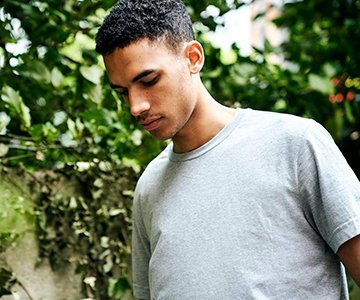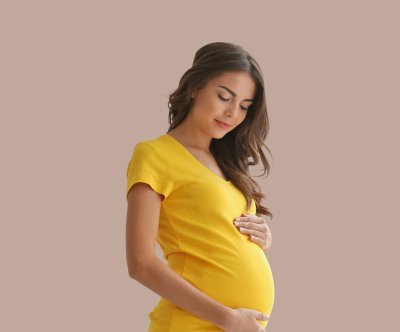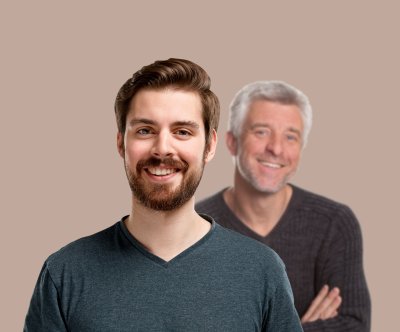Bernis
When you're a child, you picture yourself as an adult and dream of the things you're going to achieve. There was no way I could live up to that image.
Read moreHave you ever heard about stem cell donation? Many people who are seriously ill (for example those suffering from leukaemia) need stem cells to survive. They urgently need stem cell donors, and that is what we are here for. The Belgian Bone Marrow Donor Registry has set up the website www.stemcelldonor.be, where you can help save someone’s life by simply registering as a donor.
How can you apply to join the registry? And what if you are called upon to donate? Read all about becoming a donor here. Want to join the registry? Apply now.
There is little point trying to find a donor yourself, for example through an appeal on social media. You have a much better chance of finding a suitable donor by following the steps below.
It may surprise you but the first eligible donor is the patient him or her self. A patient's own stem cells can be harvested and frozen at a time when the illness has reduced sufficiently, so that they can be given back to the patient after intense chemotherapy, for example.
When your own stem cells are no longer usable, doctors check whether stem cells from an immediate family member (such as a brother, sister, mother, father, daughter, son, aunt, or uncle) can be used. The chance of finding a match with immediate family members is very high.
If there is no match with the stem cells from your immediate family, or you have no immediate family anymore, then we look for a suitable donor from among the Belgians who have volunteered as a stem cell donor. If we do not find a match in Belgium, then there are stem cell donors from all over the world ready to help you, giving you about 31 million chances of finding a suitable donor.
Unfortunately, we don’t currently have enough donors from Turkish, North African, Central African or mixed backgrounds. This means we are unable to help 1 in 3 patients from those backgrounds. Could you help them?

We are mainly still looking for young men of foreign origin or with a mixed background.

During pregnancy, women develop antibodies against their partner (and therefore also against recipients of their stem cells.

Men between 18 and 40 are the most suitable donors.